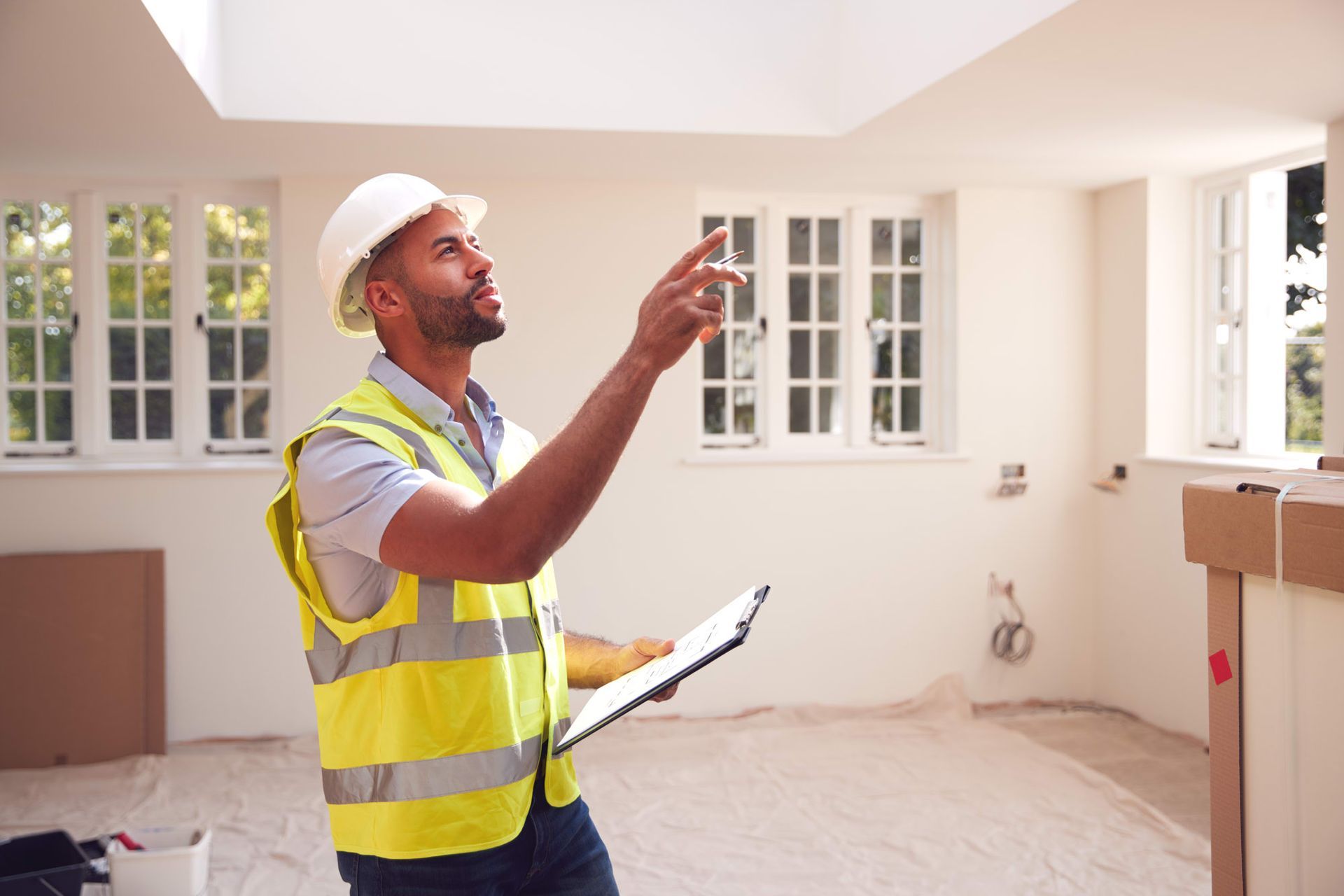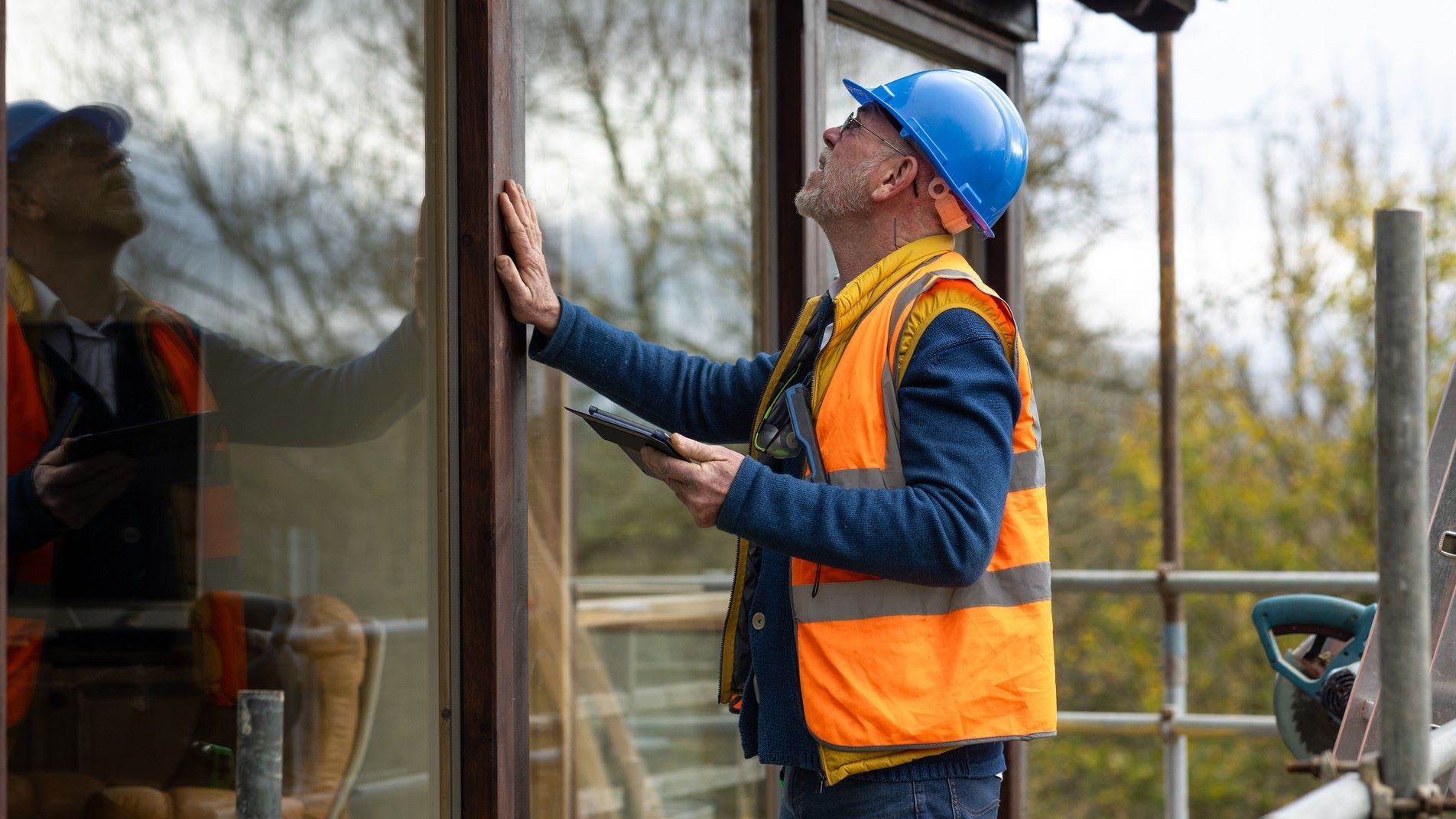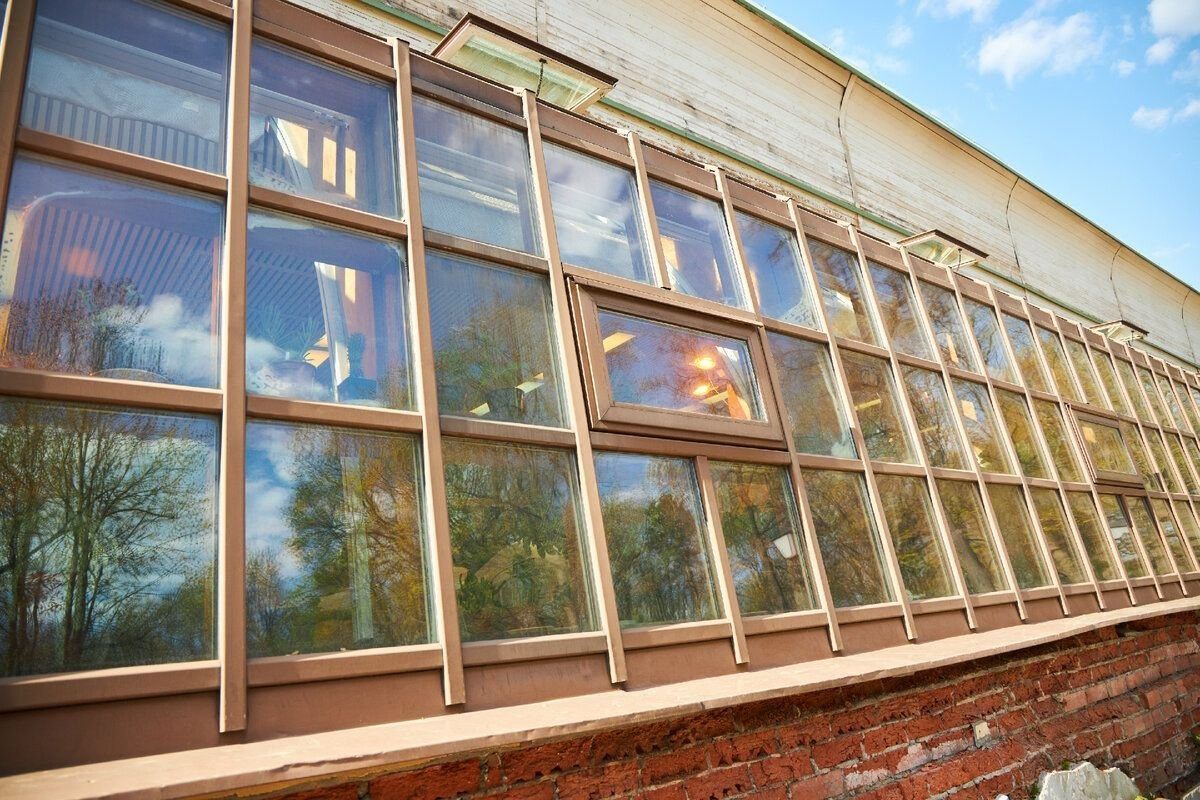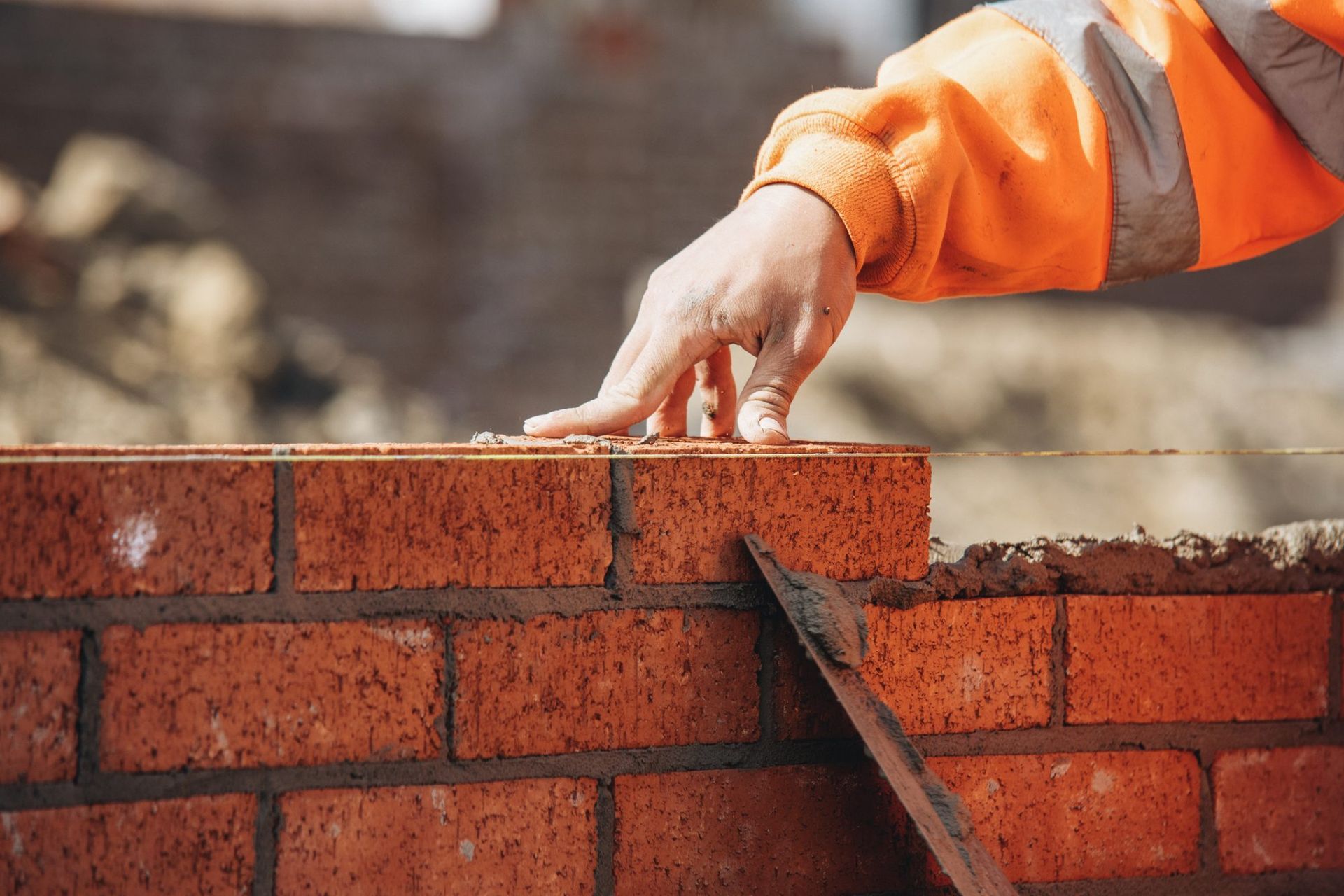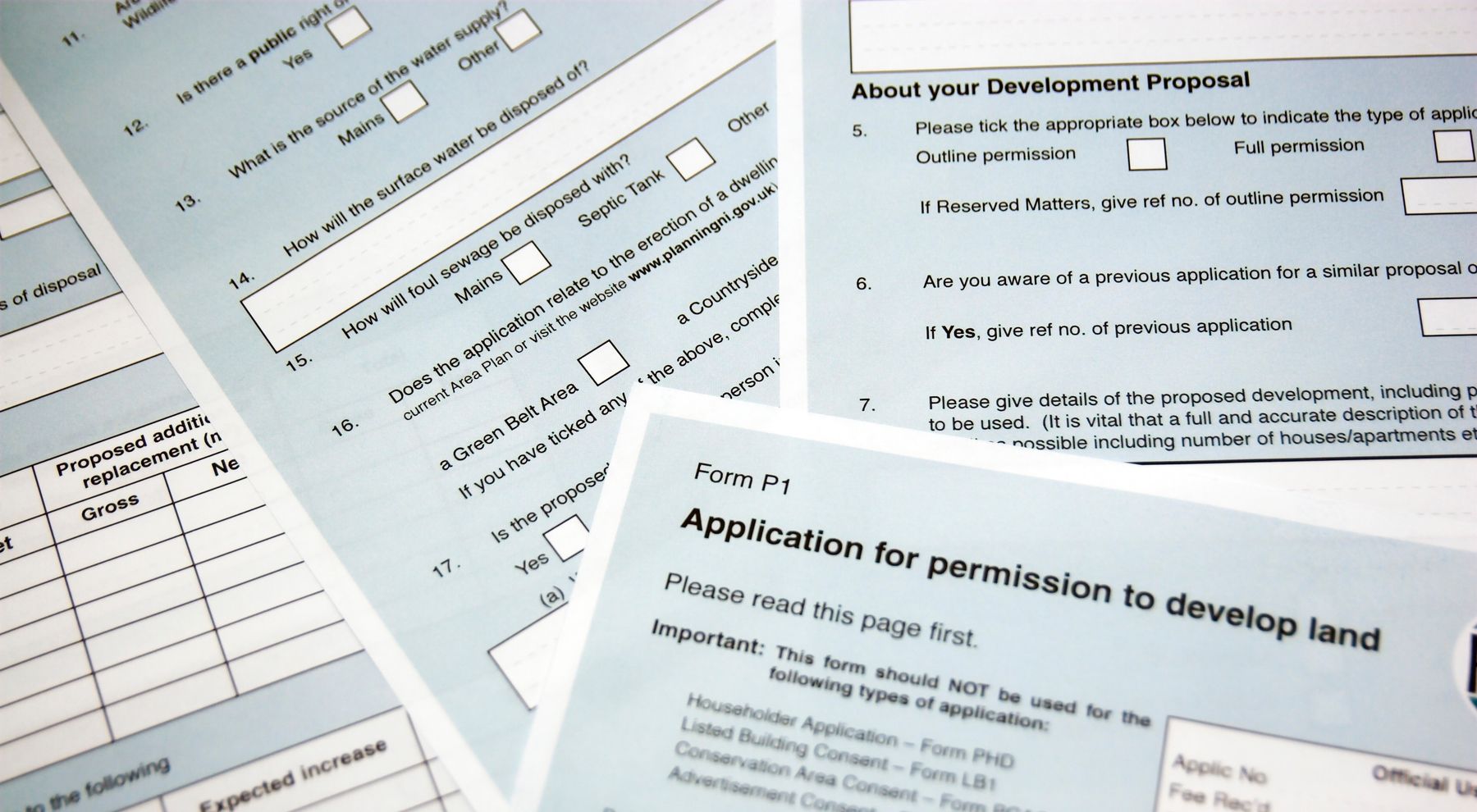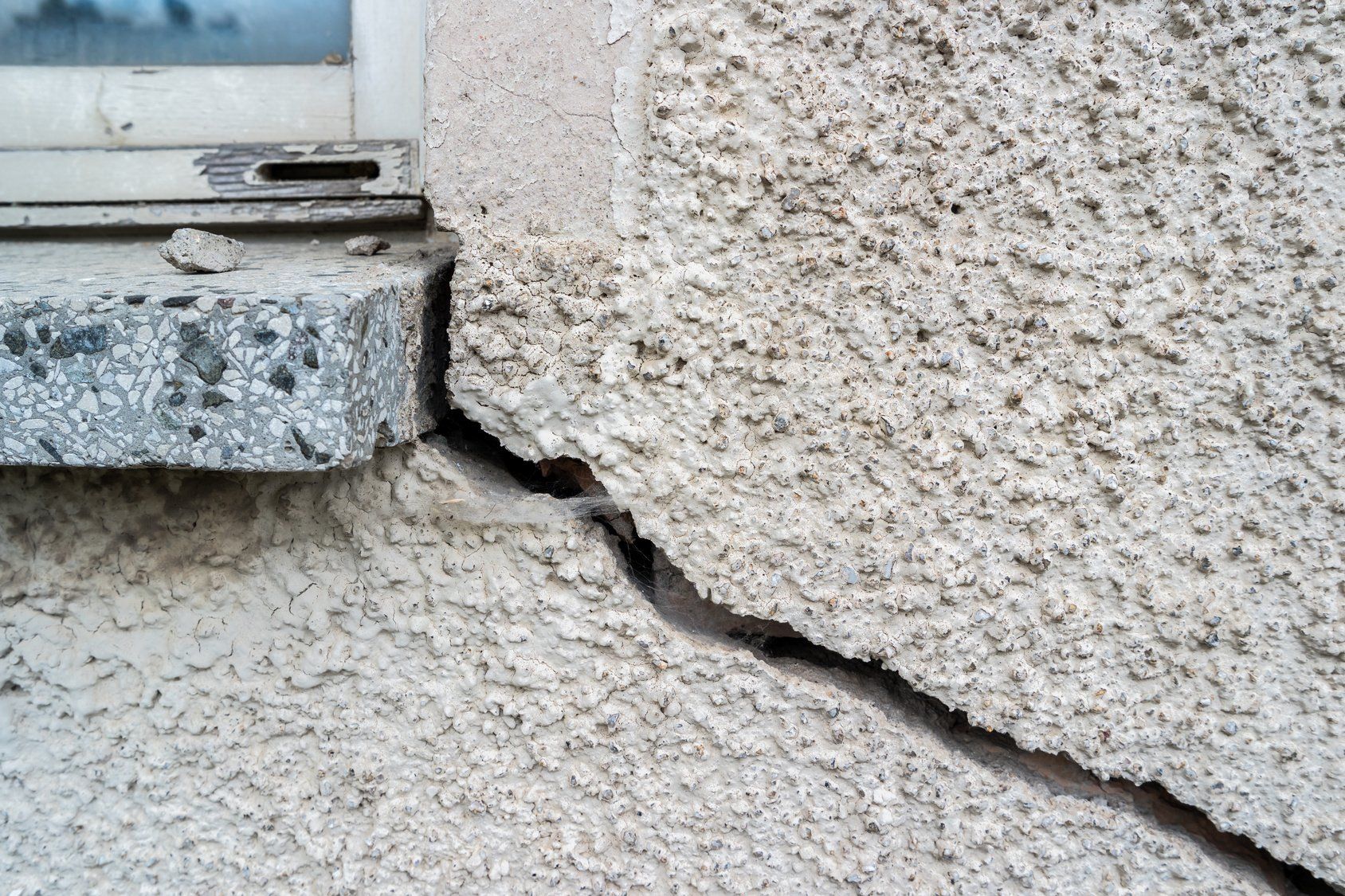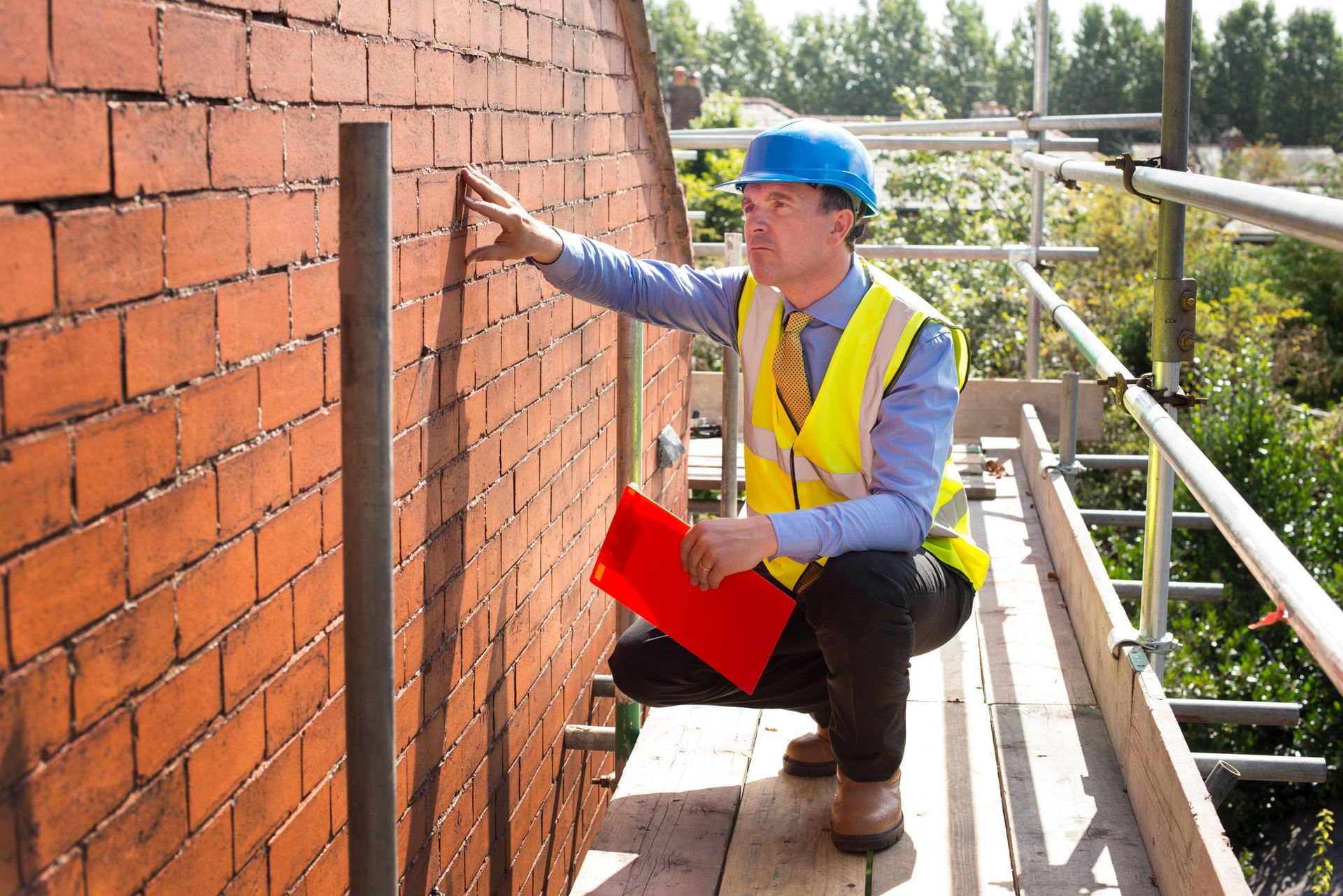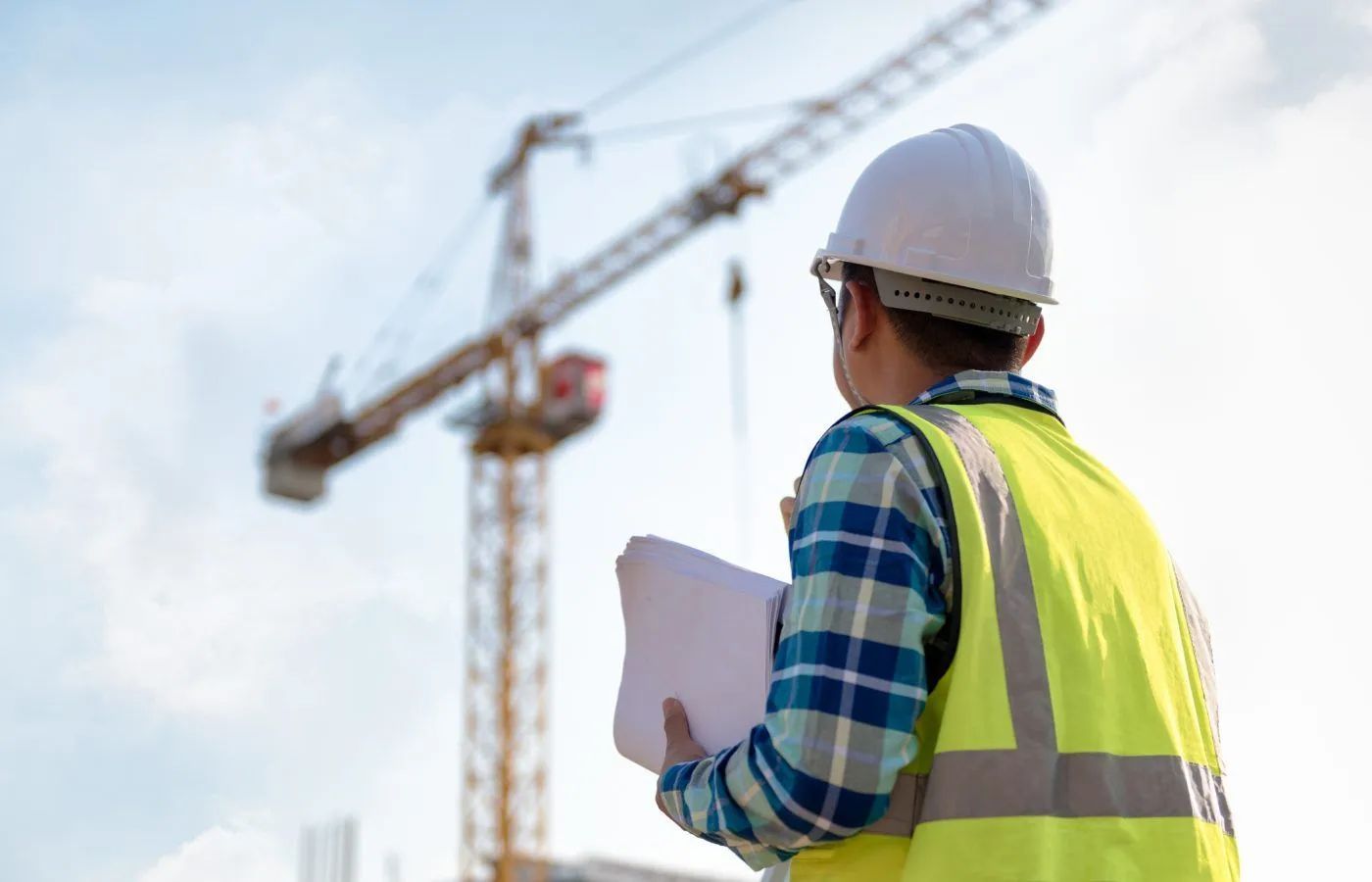Considerations to Make When Getting Planning Permission

When undergoing new building works, be it an entirely new property or a simple kitchen extension, planning permissions may be necessary. Before you begin construction or change existing ones, it is a good idea to find out whether you will need planning permission.
Undergoing construction that is not legally permitted by the proper authorities could result in an enforcement notice ordering you to revert the work done. Needless to say, this could be a major headache and a big financial loss. If you do not comply with the council, you could be prosecuted. But worse, constructions that do not receive approval may also be unsafe. It is therefore essential to apply for planning permission on projects that need it, and to meet the construction criteria, adhering to rules and regulations set out by the council and other official bodies.
Following are some key considerations to bear in mind when undergoing new construction work, regarding planning permissions.
Do You Need Planning Permission?
Some constructions fall under the ‘permitted development’ bracket, which means they will not require planning permission. Smaller scale developments, such as standard ground floor extensions, outbuildings, porches, or roof conversions (dormer windows etc) are often permitted development. However, it is always worth checking the exact permitted dimensions and specifications of these projects for your particular location and circumstances. Permissions for maisonettes, flats, listed buildings, or construction in conservation areas will be different, perhaps even non-existent.
What Factors Determine Planning Permission?
A great many factors determine the outcome of planning permission. These include things such as:
Affect on road safety and traffic
Does your construction affect and change the use of surrounding roads?
Loss of light and overshadowing
Buildings that are too tall can obstruct light for neighbouring properties, and this will likely affect whether or not you can get planning permission.
Overlooking and privacy
Similar to overshadowing, if your construction infringes upon the privacy of neighbouring properties/lands, again it will likely affect your planning permission.
Design and appearance/Character of the local area
The way your property appears and whether it is deemed acceptable by local inhabitants or authorities, perhaps even whether it is simply in keeping with the look of the local area.
Pedestrian safety
If a building is unsafe for anyone, permission will be denied. Safety will need to be demonstrable and professionally approved.
Noise and odour
Disturbing the local area with noise or odours
Loss of trees and landscaping
Chopping down trees and other landscaping projects that change the appearance of the local area is an issue that concerns councils and inhabitants, therefore affecting planning permission. There are many more parameters affecting your planning permission than these alone, so it’s always worth checking and even hiring experts for advice and assessments.
Expert Advice and Application Services
The surest way to receive planning permission and avoid having to undo or alter complex construction work is to receive advice and guidance from professionals. Consult building surveyors, project management services, or planning application experts to have everything go off without a hitch.
Contact
Simon Levy today for any of these services and more.

